I have added a (long) page to the site explaining how to use the Canon WFT-E1 (or WFT-E1A or WFT-E2, E3, E4, or E5) wireless transmitter to push images from your Canon DSLR to a computer running Mac OS X 10.5.
You are currently browsing articles tagged camera.
I have used a Konica-Minolta DiMAGE A2, which was a fairly high-end super-zoom camera in 2004, for about 4 years. In the fall of 2007, I purchased a Canon G9. So how much progress has there been in the last 3+ years?
My sensor measurement series (G9 and 5D) continues. This time, I measured a Konica-Minolta DiMAGE A2, a 8MP camera which was introduced in 2004. How does it compare to a modern 12MP Canon G9?
| Konica-Minolta DiMAGE A2 |
Canon G9 | |
|---|---|---|
| ISO 64 / 80 | 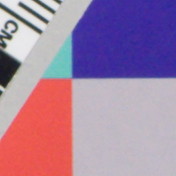 |
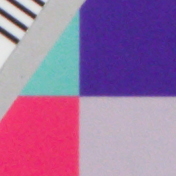 |
| ISO 100 | 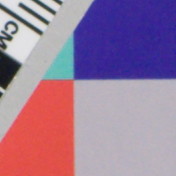 |
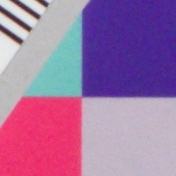 |
| ISO 200 | 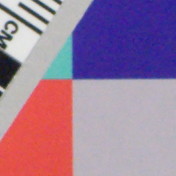 |
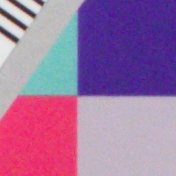 |
| ISO 400 | 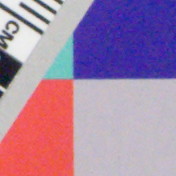 |
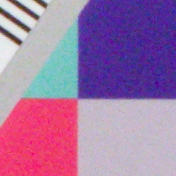 |
| ISO 800 | 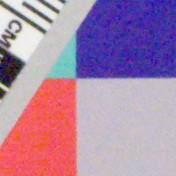 |
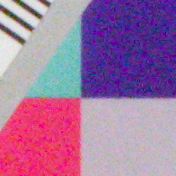 |
| ISO 1600 | N/A | 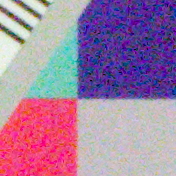 |
Up to ISO 100 there is little difference between the cameras. At ISO 200 and above the 12MP sensor of the G9 shows more noise than the 3 year older 8MP sensor of the A2.
According to dpreview.com the DiMAGE A2 has a 2/3″ (8.80 x 6.60 mm) sensor. The G9 sensor is a 1/1.7″ (7.60 x 5.60 mm) unit. In other words: the pixel pitch is much smaller on the G9. Noise seems to be inversely proportional to the pixel pitch, so it is not surprising that the G9 does worse than the A2.
What happens when the images are run through Noise Ninja?
| Konica-Minolta DiMAGE A2 (Noise Ninja) |
Canon G9 (Noise Ninja) |
|
|---|---|---|
| ISO 64 / 80 | 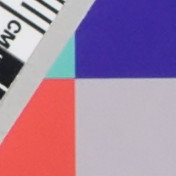 |
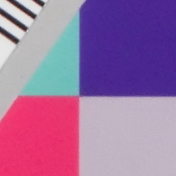 |
| ISO 100 | 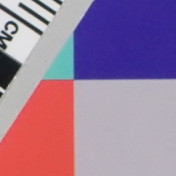 |
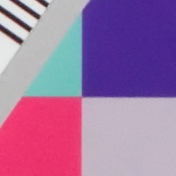 |
| ISO 200 | 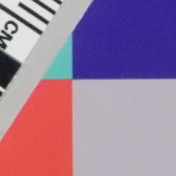 |
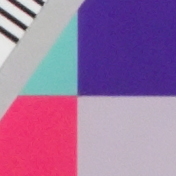 |
| ISO 400 | 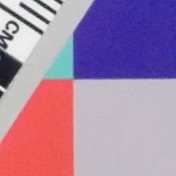 |
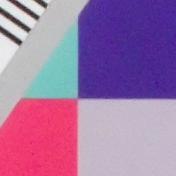 |
| ISO 800 | 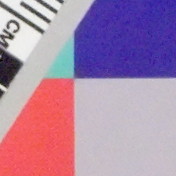 |
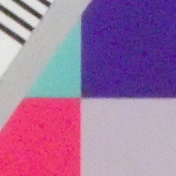 |
| ISO 1600 | N/A | 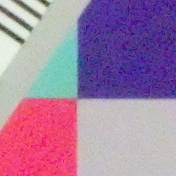 |
Up to ISO 200, there is little difference between the cleaned up images. At ISO 400 there is slightly more noise in the G9 image, but the difference is very slight. At ISO 800 the A2 image seems definitely cleaner than the G9 image.
I am surprised that in three years there is no improvement in sensor noise. Well, there might have been if you where to create a 2/3″ 8MP sensor with todays technology, but unfortunately there is no such product.
I continued my sensor noise measurements, this time with a Canon EOD 5D. The setup was the same as previously, the only change being the exact location of the WhiBal card.
Surprisingly (at least to me) there is a little noise evident even at the very lowest ISO settings. Read the rest of this entry »
I recently decided that a new tool would be nice and that I needed a fairly compact camera that performs well under low light conditions. Both the Canon G9 and the Panasonic DMC-FZ18 seemed interesting from their specs. [I also looked at FujiFilms offering because in the past they performed very well at high ISO. Unfortunately, a camera with the SuperCCD and image stabilization is currently missing from their model lineup.]
Trawling the net for hard information on sensor noise for these fairly new cameras proved to be a frustrating experience. There seems to be very little information available that allows a good comparison of various cameras. Yes, I know there are many snapshots available, but the conditions under which they are taken varies greatly.
The big review sites (I personally prefer dpreview.com) are somewhat better, but none had a review of both cameras online. In fact, dpreview had published a review on neither camera.
So I decided to create my own test setup to determine how the cameras that I have access to perform and to allow a comparison. Because I just got it, I started with the Canon G9.
Read the rest of this entry »

